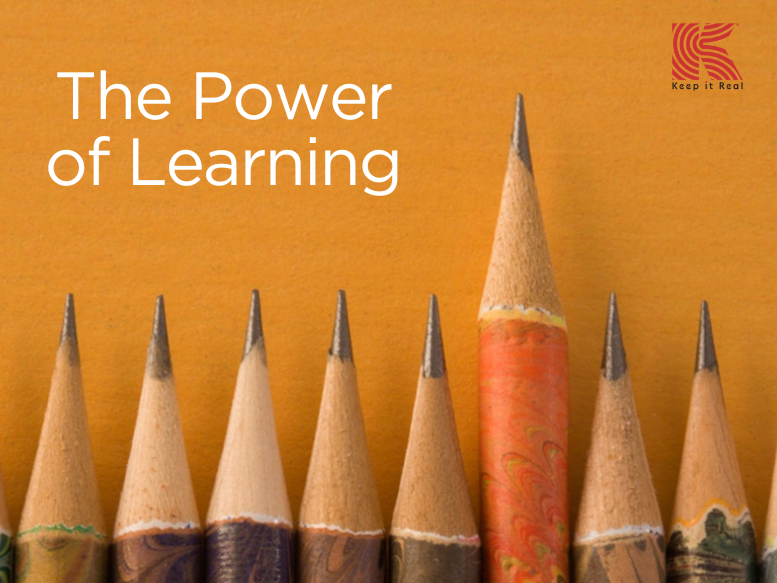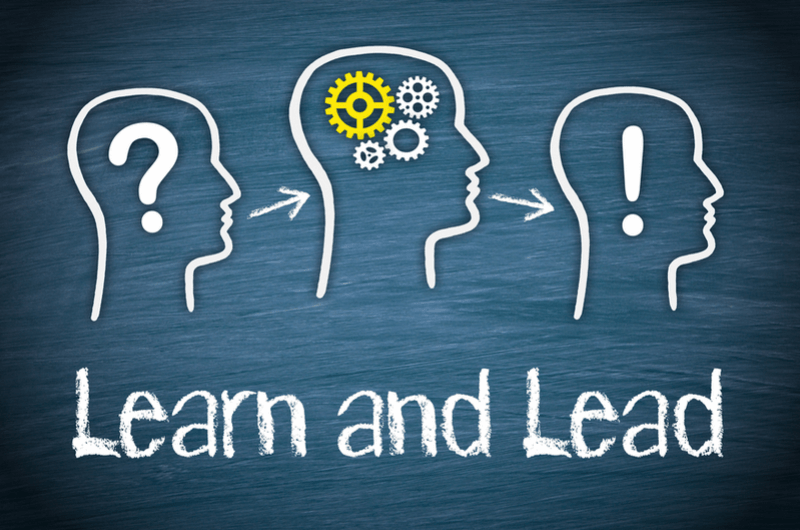It’s easy to become complacent at the top. When you have been with a company for years and have become a pro at your job, you may tell yourself, “I already know it all.”
Here’s a reality check. There’s always more to learn.
Stanford University Psychology Professor Carol Dweck has done extensive research on achievement and success. In this work, she discovered that people tend to have one of two mindsets – a growth mindset or a fixed mindset.
People with a fixed mindset believe that their innate qualities, such as intelligence or talent, are fixed traits and that any success they achieve is directly attributable to those qualities. Conversely, people with a growth mindset believe that their innate qualities are just a starting point and that those qualities can be further developed through hard work and dedication.
Dweck found that cultivating a growth mindset can be transformative in various aspects of life, including personal development, career advancement, and — most importantly — leadership.
The best leaders are those who commit themselves to continuous learning and development. Great leaders commit to learning beyond just skills. It’s about identifying and developing the personal behaviors to help you lead effectively.
So how do you do it?
- Adopt the right mindset. Be curious and admit that you still have room for improvement. Recognize that investing the time to do so will not only benefit you but will also benefit your team.
- Reflect and identify gaps. What are the areas you need to develop to become the leader you want (and need) to be? Do some self-reflection to make a list, and then get some feedback from others (here’s where you develop “accepting feedback.”)
- Create a plan. Select one or two areas that you will focus on in the next three months. Do some research to find resources and opportunities to develop and practice those skills/behaviors. Carve out and schedule the time.
- Seek mentorship and coaching. Enroll in leadership development programs, workshops, and online courses. Find a mentor or coach who can provide guidance, feedback, and support in your leadership journey. Regularly engage in mentorship conversations to gain insights and wisdom from experienced leaders.
Remember that learning is an ongoing process, and there is always room for growth and improvement. As a leader, your commitment to learning not only benefits you personally but also positively impacts your team and organization as you continuously evolve and adapt to the changing landscape of leadership and business.
Till the next time, keep it real.
Karen









